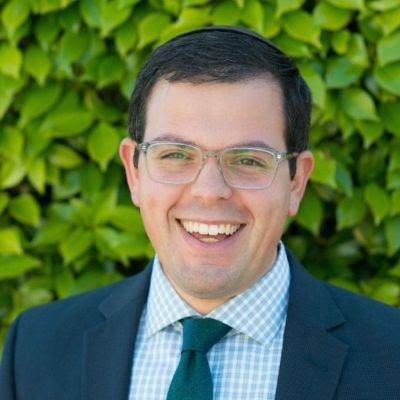Learning to Let Go(d): A High Holy Day Reflection from Rabbi Albert
Learning to Let Go(d)
A High Holy Day Reflection from Rabbi Albert
 Dear Friends,
Dear Friends,
This coming Rosh Hashanah marks the beginning of the Sabbatical Year (Shemitah) in the Land of Israel, where farmers and landowners are commanded to stop their agricultural pursuits, relinquish ownership over the land and fruits of the land, and let the earth rest throughout the year.
Relinquishing control is a lesson we have been forced to learn repeatedly since the beginning of the pandemic. Whatever illusions we may have had about our security have been shattered repeatedly. I’m sure like many of you, our family began the summer with a sense of optimism and excitement for a return to normal life. More than just the ability to return to our regular routines, we were hoping for a respite from the anxieties and fears of illness, for ourselves, our children, our family, and our friends. And along came the Delta variant, which forced us yet again to remember how little control we have.
It’s hard to imagine the stresses that come with a life of farming: worrying about the quality of the soil, the timing of the rain, the temperatures of the sunny summer, and the risks of infestation, droughts, bandits, and so much more. Farmers, particularly in the land of Israel which doesn’t benefit from natural irrigation and relies on rain alone, faced regular anxieties about whether their crops would succeed.
Hard work, and the anxieties that come along with it are clearly seen as part of the Shemitah cycle: (Vayikra 25:2-3)
שֵׁשׁ שָׁנִים תִּזְרַע שָׂדֶךָ וְשֵׁשׁ שָׁנִים תִּזְמֹר כַּרְמֶךָ וְאָסַפְתָּ אֶת־תְּבוּאָתָהּ:
For six years you should plant seeds in your field, and for six years you should prune your vineyards, and gather your produce.
וּבַשָּׁנָה הַשְּׁבִיעִת שַׁבַּת שַׁבָּתוֹן יִהְיֶה לָאָרֶץ שַׁבָּת לַיקֹוָק שָׂדְךָ לֹא תִזְרָע וְכַרְמְךָ לֹא תִזְמֹר:
But on the seventh year, the land will have a complete rest, it will be a Shabbat for God; your field should not be planted and your vineyard should not be pruned.
Humans are meant to toil and stress to produce results. But periodically, God wills for a time when we learn to let go and allow ourselves and the world around us to pause, rest and reflect with heightened awareness that is impossible during our normal routines.
Being forced to let go is an opportunity to reflect and create intention on how we live. Throughout the Yamim Noraim this year, I will be sharing Drashot focusing on the patterns of time, including Shemitah, that dictate our lives, and how we can meaningfully learn to both let go and hold on, reassess how we make meaning out of the time that we are blessed with in this world.
I hope to see many of you as we gather together for the Yamim Noraim with caution, with joy, and with a spirit of reflection. We will enter into this year of Shemitah and find out what we can gain by letting go to make space, to make Shabbat, for God.
Wishing you all a Shanah Tovah,
Rabbi Gershon Albert
Tue, July 15 2025
19 Tammuz 5785
Friday Night
| Candle Lighting : 8:11pm |
Shabbat Day
| Havdalah : 9:18pm |
This week's Torah portion is Parshat Pinchas
Candle Lighting
| Friday, Jul 18, 8:11pm |
Havdalah
| Motzei Shabbat, Jul 19, 9:18pm |
Shabbat Mevarchim
| Shabbat, Jul 19 |
Zmanim
| Alot Hashachar | 4:22am |
| Earliest Tallit | 5:02am |
| Netz (Sunrise) | 5:59am |
| Latest Shema | 9:36am |
| Zman Tefillah | 10:49am |
| Chatzot (Midday) | 1:15pm |
| Mincha Gedola | 1:51pm |
| Mincha Ketana | 5:29pm |
| Plag HaMincha | 7:00pm |
| Shkiah (Sunset) | 8:31pm |
| Tzeit Hakochavim | 9:16pm |
| More >> | |
Tue, July 15 2025 19 Tammuz 5785
Beth Jacob Congregation, 3778 Park Blvd, Oakland, CA 94610
510.482.1147 | office@bethjacoboakland.org


Supported by the JCF and affiliated with the Orthodox Union
Privacy Settings | Privacy Policy | Member Terms
©2025 All rights reserved. Find out more about ShulCloud
